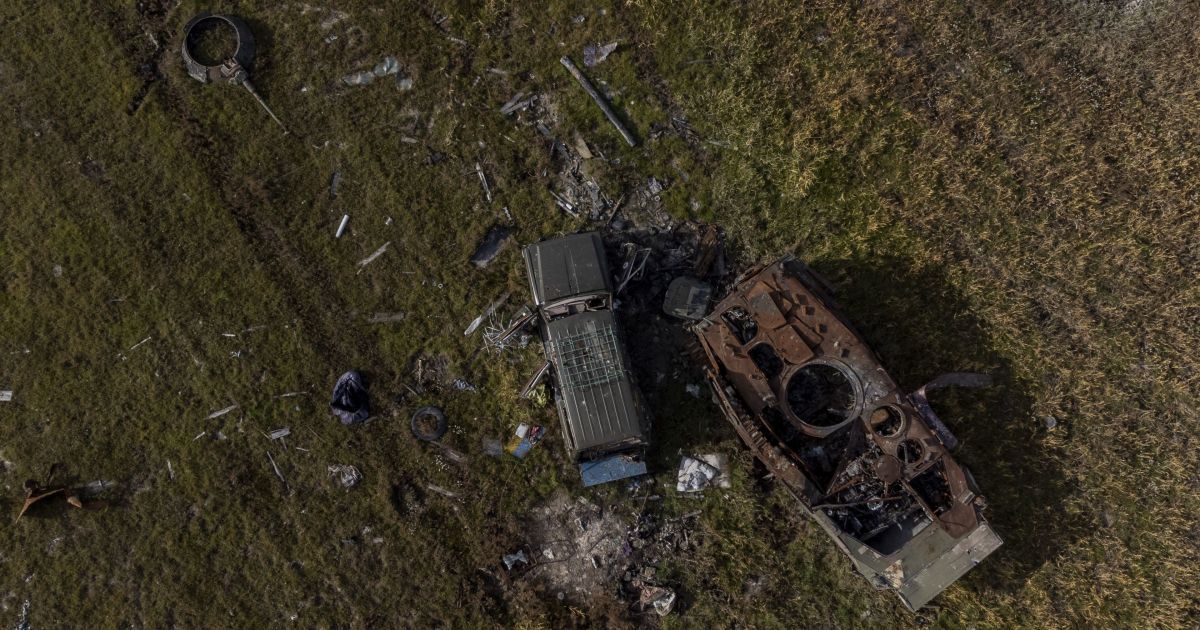Officials tracking trade flows to Moscow have noted a significant increase in trade in consumer goods between the EU and the Kremlin's traditional allies in Central Asia.
There are suspicions that Russia is using the new routes, the activity of which has increased by 60-80%, to circumvent Western sanctions designed to weaken its military power.
The Telegraph writes about it.
It is noted that many of the supplied goods contain so-called "dual-use" technologies, which have both military and civilian applications, and are included in the list of goods prohibited for export to Russia.
Officials note that among the goods exported from the EU to Kazakhstan, Kyrgyzstan and Uzbekistan, washing machines, used cars and cameras prevail.
It is feared that many of these goods are being disassembled and the semiconductors and other components used to restore Russian tanks, armored vehicles and reconnaissance drones that were damaged in Ukraine.
"This is a huge problem. A large part of this sanctions system is being undermined," the Telegraph writes, citing its source in the EU.
Most of the goods exported from the EU go to Belarus via the land border with Lithuania and are then re-exported to Central Asia.
Officials track export declarations all the way to the EU's external border before the shipments actually disappear and most likely end up in Russia.
As a result, Poland closed its border with Belarus to close this loophole, but the route between Lithuania and Minsk still remains open.
It is currently known that the EU first seeks to hold diplomatic talks with Central Asian countries to warn them of the consequences.
In particular, Kazakhstan, which is one of Moscow's closest partners in the region, has already promised to control goods passing through the country.
Turkey, Armenia and the UAE are also currently under close scrutiny by G7 diplomats for potential aid they could offer the Russian military machine.
It will be recalled that on February 15, the European Commission announced "the toughest package of sanctions against the Russian Federation" ever introduced by the European Union.
It included, in particular, export bans for 11 billion euros.
These are goods that the Russian Federation will not be able to replace with supplies from other countries.
In addition, exports of dual-purpose goods and advanced technologies were restricted.
It is, in particular, about
means of controlling new electronic components that can be used in Russian weapons systems, in particular in drones, missiles, and helicopters.
Read also:
Russia uses two schemes to circumvent sanctions: one is legal, and the second and main one is not
How Russia is looking for ways to circumvent sanctions: an expert's explanation
"They will come to us on turnips": Putin talked about the "difficult life" of Europeans due to sanctions against the Russian Federation
